(NOTE: The following review will contain minor spoilers necessary solely for the discussion of plot and/or characters. If you’re the type of reader who prefers a review entirely spoiler-free, then I’d encourage you to skip down to the last two paragraphs for my final assessment. If, however, you’re accepting of a few modest hints at ‘things to come,’ then read on …)
From the product packaging: “An all-time classic space saga, THE VOYAGE OF THE SPACE BEAGLE is one of the pinnacles of golden age SF, an influence on generations of stories. An episodic novel filled with surprises and provocative ideas, this is the story of a great exploration ship sent out into the unknown reaches of space on a long mission of discovery.”
That said, SPACE BEAGLE differs from STAR TREK fairly significantly in tone; instead of having a grandly adventurous and morally-schooled command staff in charge of the ship, what Van Vogt envisions here is a more Democratic process – there’s a captain, but many of the vessel’s decisions are made by consensus of the travelers. They’ll get together, debate an issue, and – yes, that’s right – vote on what course of action is best. As the crew contingent is made up almost exclusively of scientists, this can make for some curious back-and-forth that – while resembling comedy – methinks Van Vogt intended as more tongue-in-cheek satire. (I could be wrong there, but from what reading I’ve done I haven’t come across anything ‘scholarly’ that would make me conclude otherwise.)
So instead of having the grand cowboy (i.e. Capt. Kirk) at the helm, you have pretty much the pushover of an executive officer who essentially allows this population to engage in all sorts of political and/or politicizing shenanigans one might expect more so from a high school student council than you would a legitimate governing body. There’s a fair amount of backstabbing that takes place amongst the figureheads of the larger science-based departments, and it does make for a vastly different dynamic than what one probably expects from the world of space opera these days.
As all stories do require some central protagonist, SPACE BEAGLE has one: Elliott Grosvenor is the ship’s sole Nexalist, an expert representing an all-new science known as Nexialism which (as best as I can describe it) is a discipline that combines the thinking and strategies of all known specialties in order to achieve the best plausible solution for any particular problem. Whereas a biologist may recommend dissecting a specimen of a newly-discovered species so that mankind could best learn more about it, by contrast a Nexialist might better suggest allowing it to roam free in order for its demonstrated behaviors to teach us just how to deal with it. Naturally, this makes for an interesting counterpoint … except when you have to allow the creature to roam your ship at its own pleasure while dining on your shipmates!
It’s a terrific experience, though I found the first half of the novel a bit of a ‘slog’ only because it wasn’t as interesting as the latter half. Perhaps that’s because the stakes were raised as the greater adventures came into play, or perhaps that’s even because the more Van Vogt toyed with these ideas he got closer and closer to perfection with subsequent tales as opposed to the first few. Whatever the truth may be, SPACE BEAGLE is clearly worth the time and effort; occasionally meaty because of narrative shifts of view, it’s a much more honest look at what Earth’s collective march to the stars might inevitably look like.
HIGHLY RECOMMENDED. I have no problem whatsoever admitted that THE VOYAGE OF THE SPACE BEAGLE probably wouldn’t have meant all that much to me when I was much younger because I tend to think a lot of what’s meaningful in there needs a fair amount of maturity to be fully appreciated. Some of the moments play out like soft satire, and methinks a younger mind might’ve missed the point. However, this old dog enjoyed it more and more as the stories wore on, and – by the end – it’s easy to see why some folks consider this one of the better SciFi novels written from a certain era.

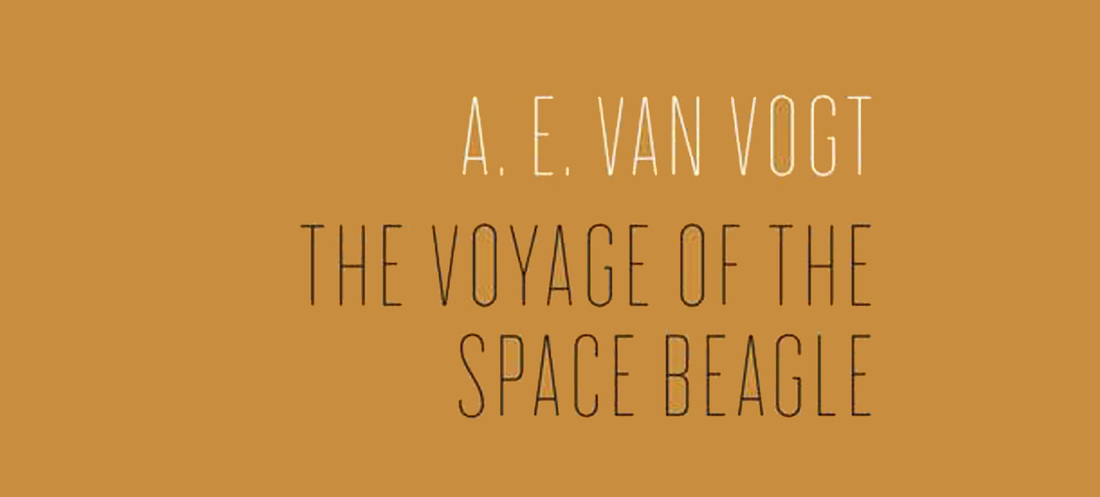
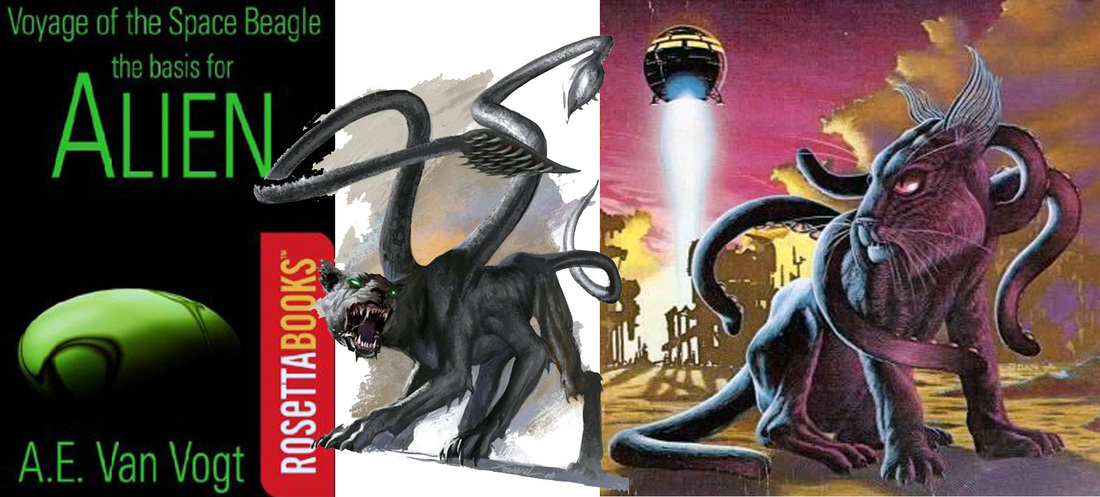
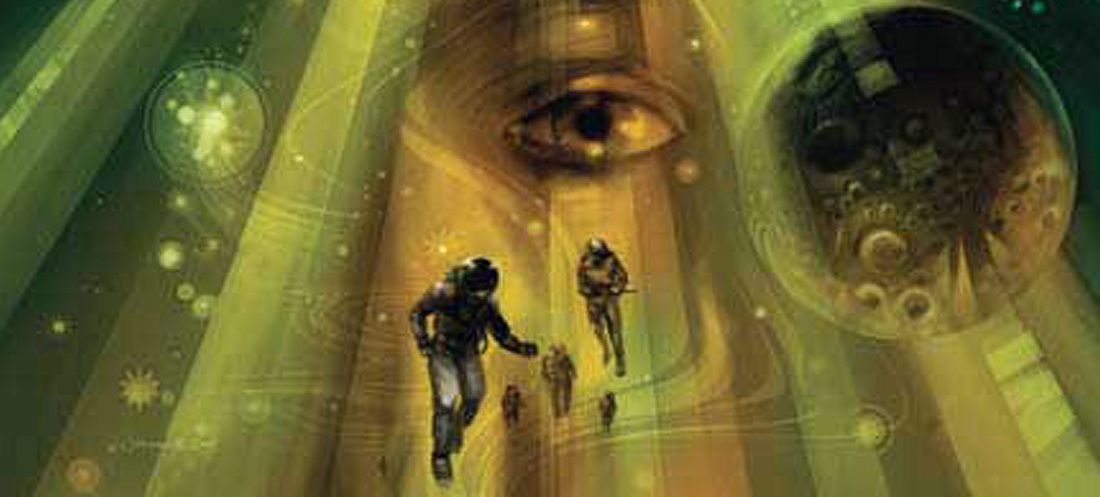
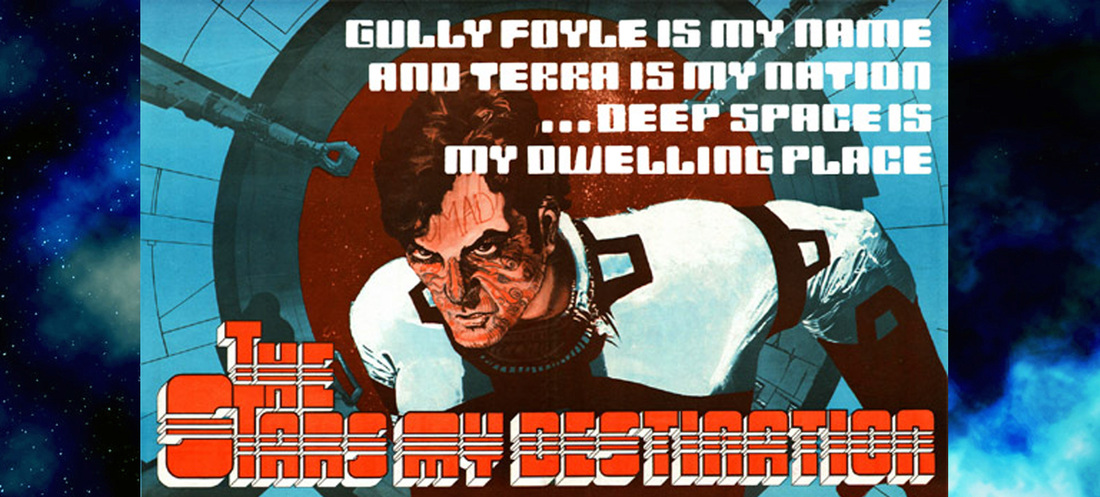
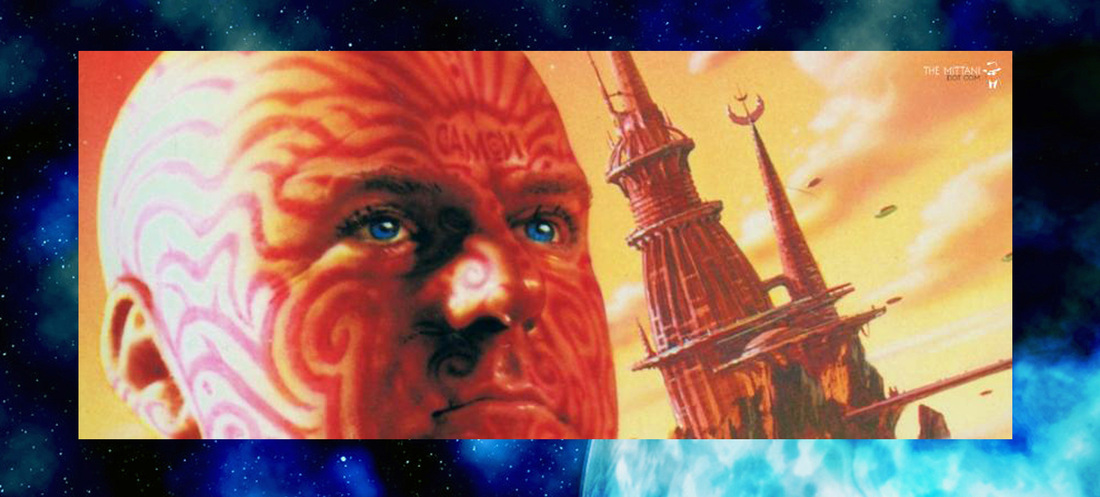



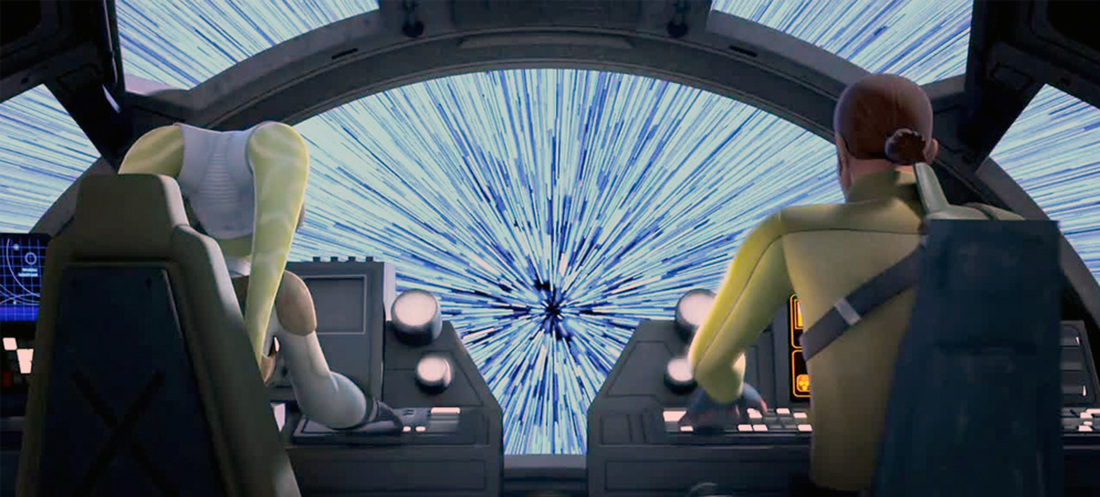

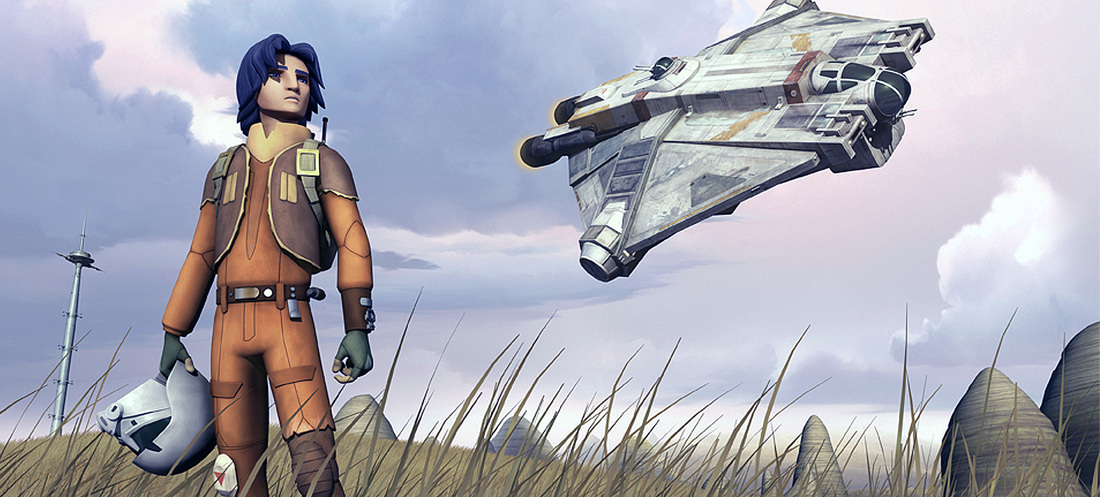
 RSS Feed
RSS Feed